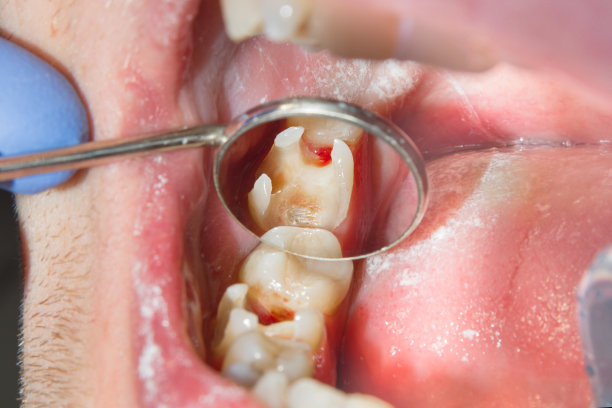Essential Precautions to Ensure a Successful Root Canal Treatment for Optimal Patient Safety and Comfort
Summary: Root canal treatment is a critical procedure aimed at alleviating pain and preserving tooth structure. Ensuring patient safety and comfort during this process is paramount. This article elaborates on essential precautions that dental professionals must take to ensure a successful root canal treatment. The discussion is organized into four main areas: comprehensive patient assessment, skilled practitioner evaluation, effective pain management techniques, and post-treatment care and follow-up. Each segment underscores the importance of meticulous planning and execution to ensure optimal outcomes for patients. By following these precautions, dental professionals can significantly enhance the overall experience, improving both safety and comfort for patients undergoing root canal therapy.
1. Comprehensive Patient Assessment Before Treatment

The first step toward a successful root canal treatment is a thorough patient assessment. Dental professionals must gather detailed medical and dental histories, understanding any allergies, pre-existing conditions, or medications that could impact treatment.
In addition to history-taking, clinicians should conduct a comprehensive oral examination. This includes visual inspections, radiographic evaluations, and possibly even advanced imaging techniques to assess the extent of infection or damage in the affected tooth.
Based on the assessment, the dental team can develop a personalized treatment plan, taking into account the patients unique needs. This tailored approach not only enhances treatment efficacy but also helps in anticipating potential complications, thus ensuring a safer and more comfortable experience for the patient.
2. Skilled Practitioner Evaluation and Team Coordination
The skill and experience of the dental practitioner play a vital role in the success of root canal treatments. Dentists should continuously update their skills through continuing education programs, thereby staying current with the latest techniques and technologies.
Moreover, effective team coordination is essential during the procedure. Each member of the dental team should have clearly defined roles and responsibilities, ensuring a smooth workflow. This coordination minimizes confusion and enhances the overall efficiency of the treatment process.
Regular team meetings to discuss cases and strategies for improvement can also foster collaboration. Such discussions can help identify the strengths and areas for improvement within the team, enhancing the quality of care provided to patients undergoing root canal therapy.
3. Effective Pain Management Techniques During Treatment
Pain management is a crucial component of root canal therapy that significantly impacts patient comfort. Dentists must be well-versed in various anesthetic options, choosing the most appropriate one for the specific procedure and the patients pain tolerance level.
In addition to local anesthesia, sedation techniques can also be employed for anxious patients. Options such as nitrous oxide or oral sedation can help calm nerves, ensuring that patients remain relaxed throughout the procedure.
Post-treatment pain management is equally important. Dental professionals should provide patients with clear guidelines on managing discomfort after the procedure, including the use of over-the-counter pain relievers and instructions on wound care. This proactive approach aids in alleviating concerns and promoting recovery.
4. Post-Treatment Care and Follow-Up
Post-treatment care is vital for ensuring the success of root canal therapy. Patients should be educated about the signs of complications, such as persistent pain, swelling, or fever. Knowing when to seek help empowers patients and allows for timely intervention if necessary.
Follow-up appointments are crucial in monitoring the healing process and addressing any issues that may arise. These sessions allow the dentist to evaluate the effectiveness of the treatment and, if needed, make adjustments or recommendations for further care.
Continued support following root canal therapy not only reassures patients but also fosters long-term relationships between patients and dental professionals. A comprehensive approach to post-treatment care enhances overall patient satisfaction and outcomes.
Summary:
The success of root canal treatment hinges on various fundamental precautions that ensure patient safety and comfort. From comprehensive assessments and skilled evaluations to effective pain management and diligent follow-up care, each component is critical to delivering optimal treatment results. By adhering to these essential precautions, dental practitioners can significantly improve the patient experience and foster better health outcomes.
This article is compiled by Vickong Dental and the content is for reference only.



